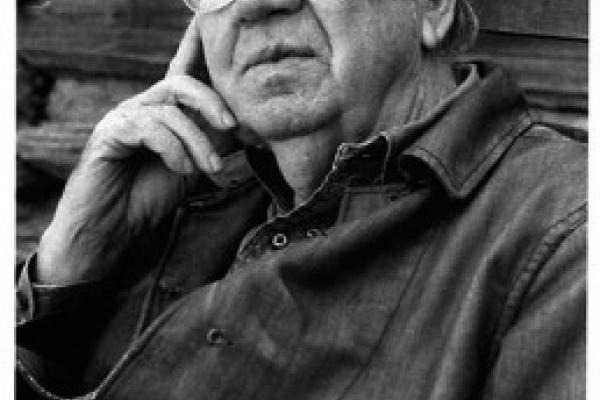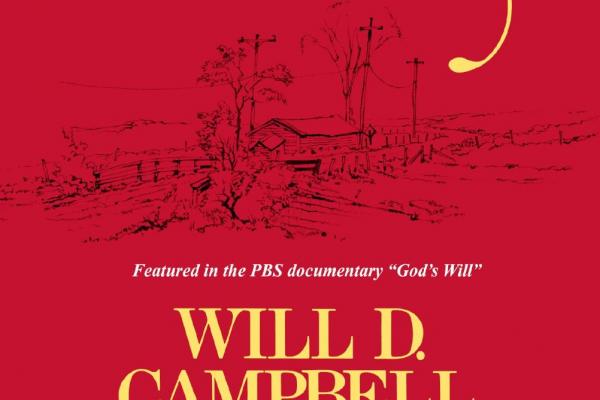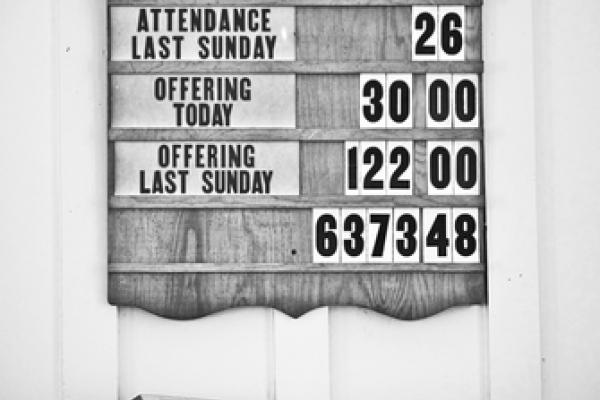When the ExxonMobil Pegasus pipeline split open in late March it spilled 210,000 gallons of oil into a small Arkansas town. The spill galvanized opponents of the Keystone XL Pipeline, who cited its planned path through major rivers and aquifers. Activists say TransCanada, which would build and operate the pipeline, underestimate the size of potential spills.
"I don't agree with people who say a spill into the aquifer will ruin the whole aquifer. It would ruin a very small piece, but it's important if that's your small piece," John Stansbury, a University of Nebraska professor of environmental and water resources engineering. "But if it got into a major river, it could create a plume hundreds of miles long."
Read more here.
The Rev. Will D. Campbell, a Baptist minister and early white civil rights activist, as well as best-selling writer and folksy raconteur, died Monday in Nashville, Tenn. He was 88.
With a fiercely independent streak and sometimes prickly personality, Campbell used his powerful way with words to explore American racism, especially the contradiction inherent in Christian support for segregation across the South.
And he had his own contradictions, as well. A Southern Baptist who drank moonshine with the Catholic nuns he counted as his friends, Campbell was an equal-opportunity critic, castigating liberals as well as conservatives in his writing and preaching and storytelling.
Colorado became the eighth U.S. state to grant driver's licenses to undocumented immigrants on Wednesday. Applicants must show they live in Colorado, have filed a state income tax return, and provide proof of their identity from their home country. The Colorado law will go into effect on August 1, 2014, and licenses must be renewed every three years. Reuters reports:
"Our roads will be safer when we can properly identify everyone who drives on them," Democratic state Senator Jessie Ulibarri said. "We estimate that thousands more Colorado drivers will get insured because of this law."
Read more here.
On Wednesday during his weekly address, Pope Francis condemned consumerism and the "culture of waste" especially pertaining to food. Wednesday was also the day the United Nations launched an anti-food waste campaign to mark World Environment Day. The UN’s Food and Agriculture Organizatio estimates 1.3 billion tons of food are lost or wasted every year. The Washington Post reports:
“Throwing away food is like stealing from the table of those who are poor and hungry,” he said during his weekly audience in St. Peter’s Square.
Read more here.
With the release of their ninth annual report, members of the Hindu American Foundation are pushing policymakers to take action against international human rights violations directed at Hindus.
The four countries the report categorized as egregious violators — Afghanistan, Bangladesh, Malaysia, and Pakistan — are all Muslim-majority countries.
Samir Kalra, author of the report, titled Hindus in South Asia and the Diaspora: A Survey of Human Rights said the foundation included countries in which the plight of Hindus is largely overlooked. The impact of the report, he said, is twofold: It gives a voice to Hindu minorities and educates officials in the U.S. and worldwide.
[Will Campbell] confused his critics – first the Right and then the Left – by insisting that his soul did not belong to any team – racial, political, religious, cultural. It belonged to the Kingdom of God. There was only one team, and that was the family of ALL God’s children everywhere.
Compassion came first in his hierarchy of values. Compassion led him to campaign for justice in the Civil Rights Movement, and compassion led him to sip whiskey with the cross-burners in the rocking chairs on their front porches. His was a ministry of reconciliation, a living, idiosyncratic expression a bold declaration of the biblical Gospel that God was in Christ reconciling the world to God’s own self.
The go-to number in American religion is “ASA” — average Sunday attendance. Or as an irreverent colleague put it, “Fannies in the pews.”
It’s a meaningless metric, but it’s easy. Open the doors on Sunday, wait for the stragglers, then dispatch ushers to count the house.
Entire methodologies for church development have been built around this number, as if fanny count dictated how a church should behave. Problem is, ASA isn’t a useful measure of quantity, and it says nothing about quality.
A much better quantitative measure would get at “touches,” that is, how many lives are being touched by contact with the faith community in its various Sunday, weekday, off-site and online ministries — and then, for a qualitative measure, asking how those lives are being transformed.
Those are difficult metrics to track, of course, and that’s why many congregations stick to ASA and shun the harder work of measuring outcomes and impact.



